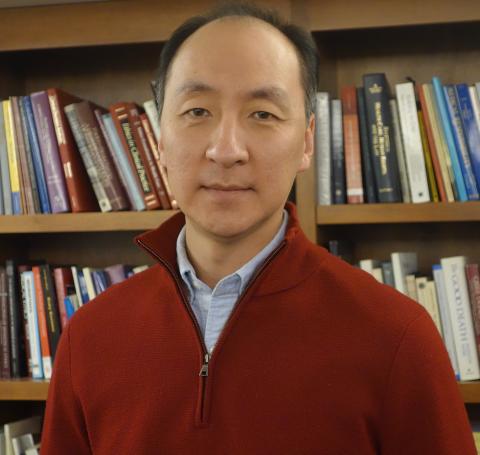In Greek mythology, a chimera is a figure with the head of a lion, the body of a goat, and the tail of a serpent. But the concept is not entirely imaginary.
Human chimeras are people who have cells from more than one person, sometimes as a result of absorbing the genetic code of a twin while still in the womb, or as the result of receiving an organ transplant. Scientists have created dozens of types of human-animal chimeras by putting human cells into lab animals to conduct potentially life-saving research, such as recent attempts to grow human organs in animals for transplant into patients with a serious medical need.
But the ethical implications are profound, including concerns that the transfer of human stem cells into animal hosts would result in an animal possessing at least partially human moral status, especially if the central nervous system is involved. The debate will likely grow in intensity as advances in human stem cell science and genetic engineering techniques enable researchers to more extensively and precisely insert developing human cells (and self-organizing mini-organ structures derived from human stem cells) into any stage of embryonic, fetal, or post-natal development of vertebrate animals.
“These scientific advances are thrilling,” said Insoo Hyun, PhD, professor of bioethics at Case Western Reserve University School of Medicine. “Yet they also reveal conceptual, ethical, and procedural limitations in existing ethics guidance for biomedical research on chimeras.”
To address these shortfalls, Hyun, a principal investigator of the project, along with co-investigator Patricia Marshall, PhD, professor of bioethics at Case Western Reserve, and bioethicists from the Hastings Center in New York will identify ways of improving existing guidelines and ensuring professional accountability and responsibility in human-animal chimera research. The interdisciplinary bioethics project is supported by a three-year, $1.5 million grant from the National Human Genome Research Institute of the National Institutes of Health.
At present there are two sets of influential guidelines for this research – one from the U.S. National Academies of Sciences and the other from the International Society of Stem Cell Research. “These recommendations represent important landmarks in U.S. and international initiatives that offer oversight to the emerging science of human-animal chimera research,” said Hyun. “But our review of this guidance, and preliminary exploration with major thought leaders in the field, make clear the need for improvements. The first need is for conceptual clarity and ethical analysis related to defining and measuring ‘humanization’ and its significance to animal welfare. The second is for improvement of the oversight system, including greater clarity about who should be responsible and accountable for the research and how best to address potential concerns in an efficient review system.”
Hyun and Marshall’s work will be supported by an advisory group of 20 scientists, philosophers, and bioethics leaders in the field, helping to carry out an extensive review of current guidelines and relevant professional literature, as well as examining philosophical concerns, moral uncertainties, and value conflicts related to chimera research. They will also conduct detailed interviews with scientists and members of stem cell and animal-research oversight committees at a number of institutions, including Harvard University, the Salk Institute, Stanford University, and Weill Cornell Medicine.
“Our goal is to ensure that the lived experiences, goals, and challenges of experts in the field will inform the recommendations that will emerge from this research project,” said Marshall.
Hyun and Marshall will publish their recommendations for enhancing the current guidelines in a special issue of the Hastings Center Report, a leading peer-reviewed academic journal of bioethics. They will also develop a set of educational materials, both in print and online, that includes challenging real-world and thought-experiment scenarios with commentaries on how such situations can be managed in light of complex normative concerns.
###
For more information about Case Western Reserve University School of Medicine, please visit: case.edu/medicine.
Media Contact(s):
Ansley Gogol
Case Western Reserve University
School of Medicine
Office: 216-368-4452
Ansley.Gogol@case.edu


